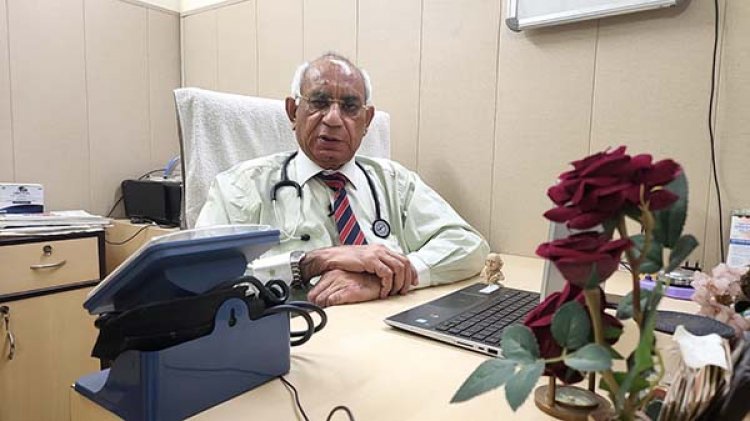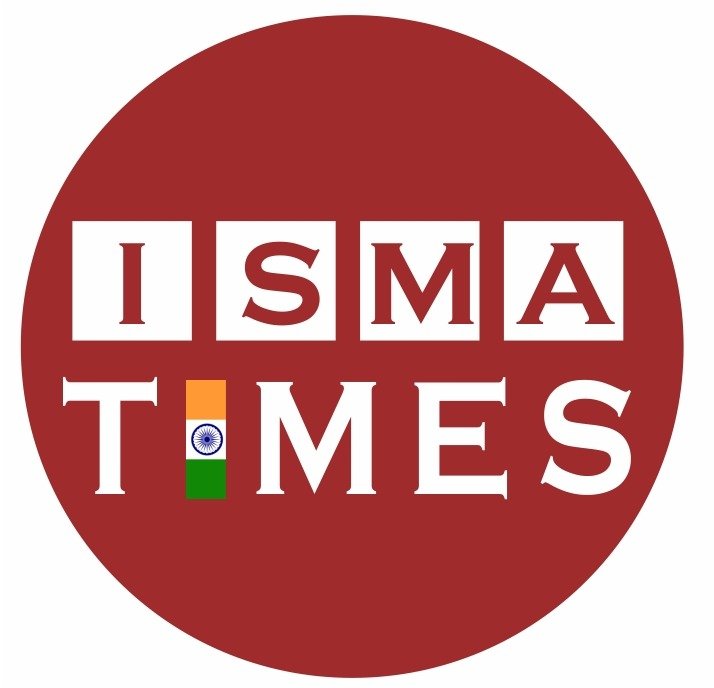Heart Attack and Brain Stroke more prevalent in Winters during Cold Waves - Dr.A.K.Gupta
Precautions and Homoeopathy can save your Heart and Brain

Precautions and Homoeopathy can save your Heart and Brain - Dr.A.K.Gupta
Health Care during Winters – Prof. Dr A.K.Gupta
Prof. Dr.A.K.Gupta says It’s time to protect your own self, your loved ones from the adverse effects of low temperature. Please remember that we are all fragile and cardiovascular events (Stroke, Heart Attack High Blood Pressure) are extremely common during extreme winters. Please follow these steps to avoid cold induced injuries.
Wear adequate layers of warm clothes
- Cover your head, hands and feet with woollen caps, gloves and socks
- Stay indoors- especially for elderly and those who go for a walk early in the morning- it is dangerous
- Adequate hydration with warm liquids - NOT ALCOHOL- it is a myth that alcohol prevents against cold
- Adequate precautions especially for elderly, those with hypertension, heart disease or stroke or malignancy
- Remain active
More Tips to Manage Heart Health in the Cold
Cold weather is the most common health risk one encounters in the winter, but people often view the danger in the extreme, as Hypothermia or Frostbite or Chill Blains. However, the drop in temperature can impact one’s health, specifically one’s heart, in ways one may not expect.
Heart attacks are more common in winters.
“There are several theories why heart attacks increase in winter.”
The main risk factor is biological.
- The cold causes blood vessels to contract. This can raise your blood pressure and increase your risk of heart attack and stroke.
- Angina, or chest pain due to coronary heart disease, can also worsen in winter when coronary arteries constrict in the cold.
- In the cold, your heart works extra hard to maintain a healthy body temperature. Winter wind can make this more difficult because it causes your body to lose heat more quickly. If your body temperature drops below 95 degrees, hypothermia can damage your heart muscle.
Lifestyle changes, particularly physical activity, can impact your risk as well.
- People often find themselves doing more strenuous physical activity than they are used to, such as walking in extreme weather conditions.
The emotional stress of the holiday season has also been shown to increase the level of stress hormones and, consequently, the risk of heart attack or stroke.
Practicing self-care around the holidays can help you manage your stress and minimize your risk.
Whether you’re impacted by all or just one of these factors, temperature, physical activity and emotional stress can contribute to a higher risk of a heart attack during the winter. However, you can take precautions by following These few tips One can prevent Heart attacks and Brain Strokes.
- Dress for the weather. Wear layers, especially hats, gloves and heavy socks.
- Come inside often. Give yourself breaks to warm up if you’re spending time outside in the cold.
- Avoid excess alcohol. Alcohol can make you feel warmer than you really are which and can be particularly dangerous when you’re outside in the cold.
- Do not shovel for long periods. Ask your doctor if it’s safe for you to shovel at all.
- Wash your hands frequently. Respiratory infections can increase the risk of heart attack.
- Get help. If you have new symptoms of a heart condition, don’t wait to get help, even if it’s a holiday.
Heart Attack Warning Signs and Symptoms
- Acute (severe) chest pain is the most common warning sign of heart attacks.
- Other heart attack symptoms include:
- Nausea or vomiting
- Dizziness
- Shortness of breath
- Pain, numbness or tingling in your jaw, back, neck or shoulders
- Cold sweat
- Sensation of heartburn
- Sudden fatigue
Keeping your heart healthy all year can help you stay in the best possible shape when winter rolls around.
These tips are always in season:
- Stick to a heart-healthy diet.
- Be sure to exercise regularly.
- Know your blood pressure, cholesterol and blood sugar numbers, and work with your physician to keep them in normal range.
- Take steps to manage stress.
- Listen to your body and if you feel different, see your physician.
Homoeopathy helps patients with their Constitutional Treatment and particular treatment for both Heart and Brain problems. Remedies are prescribed according to the symptoms of the patients. Large number of patients have been benefited with Homoeopathy and Psychology at AKGsOVIHAMS.

















